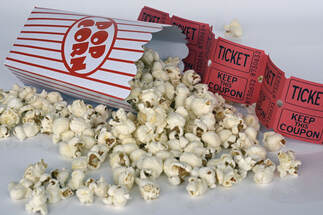
The experience of watching an incredible movie is precious. The hard work that directors, actors, and production staff pour into bringing a story to life on the big screen deserves credit.
But over the years, as Hollywood delivers a steady stream of films, some producers fall into the habit of following a sort of screenwriting/directing-formula that they rely on to consistently bring in bigger audiences and bigger bucks. Hence, the predictable romcom that ends with one character running to an airport to finally declare their love to their one-and-only and the predictable action movie that includes at least two scenes of the male hero slowly walking away from an explosion without flinching. Even though those scenes show up in movie after movie, aren't they generally considered kind of "cheesy?" Yeah, and that's because long ago, they were new and exciting. But as time went on, the screenwriting/directing-formulas that once triggered positive emotions in movie-goers became so out-dated that they began to produce the opposite result; they lowered the value of the movie. These days, audiences roll their eyes at certain formulaic scenes or tropes that Hollywood insists on repeating. A few of my least favorite overused aspects of these formulas are below.
Montages of women trying on "comical" outfits in a store dressing room
Pretty Woman did this right and so did the slew of quirky 1990's romcoms that featured these scenes. But, after about 2002 it kind of stopped being funny. It also became kind of annoying to watch grown women acting like 10-year-olds while trying on dumb outfits for no real reason. Of course, I understand that it's taken a while for Hollywood to realize that women are adults the same way men are adults. You had your Scarlett O'Hara's who acted like petulant 7-year-olds versus their male counterparts, Rhett Butlers who were all-knowing and super adult. Those opposing depictions of male and female characters continued to appear in award-winning Hollywood films until about ten years ago. So, that makes it understandable that countless screenwriters would add those dressing-room scenes into movies about grown women who were supposed to be competent and intelligent professionals. It's just kind of time for it to stop.
Extremely dramatic, slow push-ins of George Clooney that are designed to remind audiences of his demi-god status
George Clooney is beautiful, yes. But he is also an actor portraying a character in a movie. We watch movies to escape reality, not to be constantly reminded that we are observing genetically blessed millonaires live out their dreams of stardom while we lead comparably sadder lives. The slow push-in of Clooney plucks us out of Hollywood magic and reminds us that we are mere mortals watching much more successful people parrot lines on expensive movie sets where they get to lounge in fancy trailers that are bigger than our hovel of an apartment for hours at a time, all for more money than we will see in our entire lives. And, no, I'm not projecting at all as I write this. I'm just being totally general. You know, anyone would feel like this. Ahem. The point is, please, Hollywood, stop with the slow push-ins of Clooney.
90 percent of the movie's female characters are consistently angry and repeatedly insult the film's "kind & reasonable" male characters
I assume this formula appears in a lot of movies due to the fact that a lot of movies are written by insecure men who have at one time in their lives felt rejected by a woman. Rejection sucks, I get that. But to use one's position of power in Hollywood to paint the average woman as an insensitive jerk is stupid. First of all, most of the women I know will only openly verbally attack a man in reaction to his abusing, sexually harassing, or assaulting her. Why? Well, even when unsavory characters approach us with demeaning pick up lines and we want to punch them in the face, we don't. Instead, we typically politely decline their advances because if we don't, that might mean getting attacked by an angry man. This is kind of dark, but statistics indicate that 1 in 6 US women will be raped annually in the US. and seeing as women are very aware of this danger and do not want to be that 1 in 6, they use a good amount of their daily lives figuring out ways to avoid being attacked or hurt by men. So, when movies present exaggerated caricatures of women (typically beautiful women) verbally slaying men who are kind to them, it's inaccurate and pretty darn annoying. Seeing this aspect of the formula for "bro-movies" is a sad reminder that there are still some very angry and insecure screenwriters out there who hope to cast women in a negative light.
Romanticizing issues like addiction, poverty, domestic abuse, and mental illness
Life can be pretty sucky and movies like Hillbilly Elegy, The Pursuit of Happyness, and Bruised powerfully address some of the most serious issues that a lot of us struggle with. On the other end of the spectrum are movies that lightheartedly feature these issues through rose-tinted glasses. Films like this not only come across as condescending, but some say they can also be pretty dangerous. Some critics feel movies that glorify certain struggles fail to expose the ultimate consequences of these issues. For example, The Wolf of Wall Street repeatedly showcases the euphoric highs that can accompany drug use, but the film falls short when it comes to realistically showing the often deadly consequences of untreated addiction.
So, this week's post was a little whinier than usual, I must admit. I think it's because this is the last day of 2021 and I'm beginning to look back and realize what a terrible year it's been. We thought COVID was gone, and then Delta popped up, followed by Omicron. The economy is obviously not getting any better, even though politicians keep pretending that it is. And, just a few hours ago, it was announced that Betty White died : (
So, I'm a little sad as I write this post and that's why it comes across as whiny. Thanks for suffering through it, if you read it. If you didn't read it, I can't blame you lol. And, who knows? Maybe by some fluke of a black hole, 2022 will be a better year.
0 Comments
I don’t know if everyone is like this, but I feel like a river in the wild. On the surface, it’s just water. Ripples here and there, reacting to the wind and to the pebbles that are skipped across its surface. And in certain lighting from the sun, the water glows with a beauty that seems otherworldly. That’s all nice and normal. But beneath the surface an entire universe within a universe within a universe plays out. Tiny wars, huge losses, gambles, hopes, dreams, there’s an entire world within a million worlds hidden beneath a veneer of normalcy. I am not the kind of person who most people remember. I’m quiet, Black, and below average in most of the departments that make a person stand out. But beneath a bland surface, there are a million worlds, heavy with energy, unfurling and functioning in a sort of interdependent unity. And some of those worlds are emotions that I don’t quite understand or know what to do with. I just feel them creep into existence and all I can do is let them go. I think most people are like this and we all find different ways of dealing with those untamed emotional responses to trauma. Some of the "band-aids" we use are healthy and others, not so healthy. Generally, we prefer the simple "domesticated" feelings that were explained to us when we were children. "You are happy," "You are excited," "You are sad." Even those emotions can get hairy. But when trauma triggers the release of some nameless, wild feeling into our heart, we react as if we've come home to find a coyote in our living room. Scared and hoping to find some kind of peace, we seek out ways to release these raw emotions back into the wilds of our subconscious where they'll leave us be, except for the odd nightmare or two. For me, the "release" is either cooking or writing. On the occasions that I choose writing, even if I’m following an outline that has nothing to do with me or my reality, the main character almost always begins to struggle with whatever underlying emotions I’m trying to work through. This includes subconscious issues that I don't even know I'm battling. Somehow, these issues creep into the story without me even noticing.
For example, when I started writing the South Louisiana High Series, I just wanted to write about a mysterious superhero and how the super got their abilities. But it turned into so much more. And it wasn’t until after I went back and read the books that I noticed the entire 6-part series had an underlying theme of, "prejudice sucks." That was completely unintentional, and it made me realize how deeply my own experiences with prejudice have affected me. After I'd taken a beat and separated myself from the work, I was able to read it with fresh eyes and see that I’m incredibly sensitive to prejudice of any kind, and that it comes from years of pretending that remarks about my skin color didn’t bother me. While writing about the feelings I’d tried to hide for long was therapeutic, reading about it was painful because it forced me to see how traumatized and messy I really am. That said, I’m grateful for writing as therapy, because I want to see myself as I really am. Even if that means accepting the fact that I'm pretty broken. I've also come to realize that one of the beautiful things about writing is that it allows readers to truly see their favorite authors, from the inside out. Well, that's all for now. If you're reading this, **big hug** because who doesn't need a hug these days? And thanks for stopping by : ) |

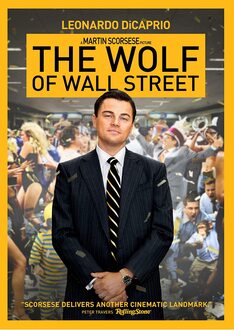



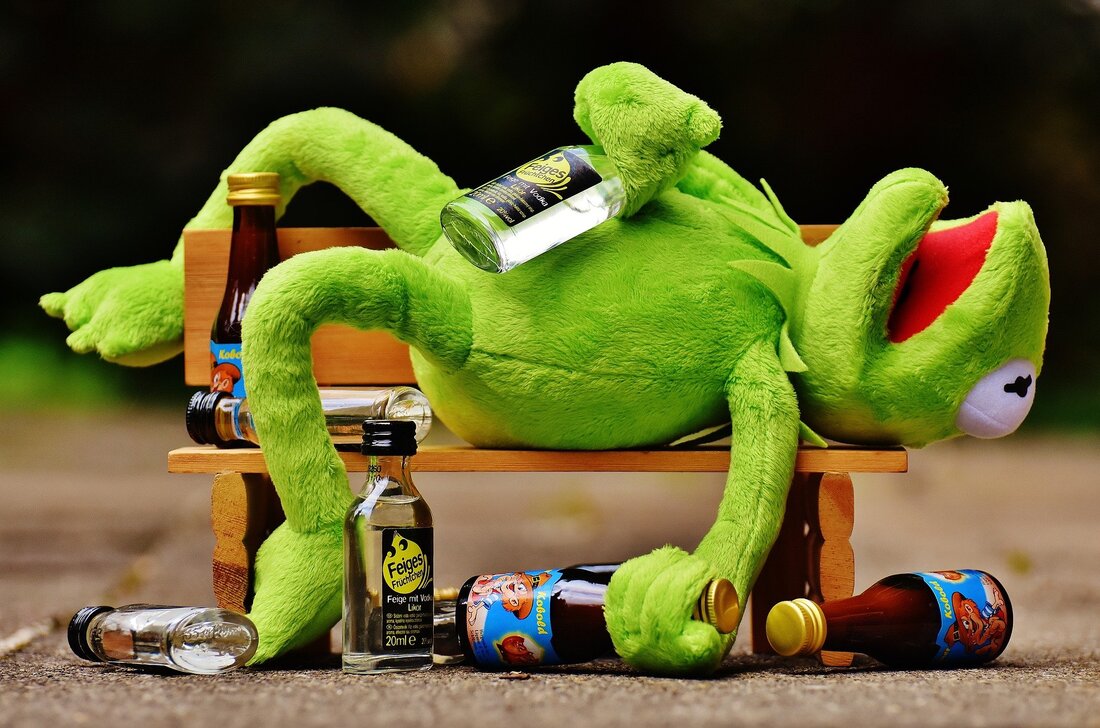
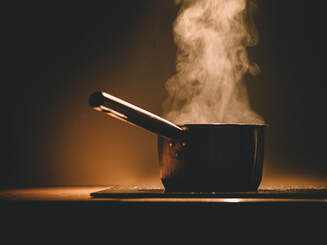
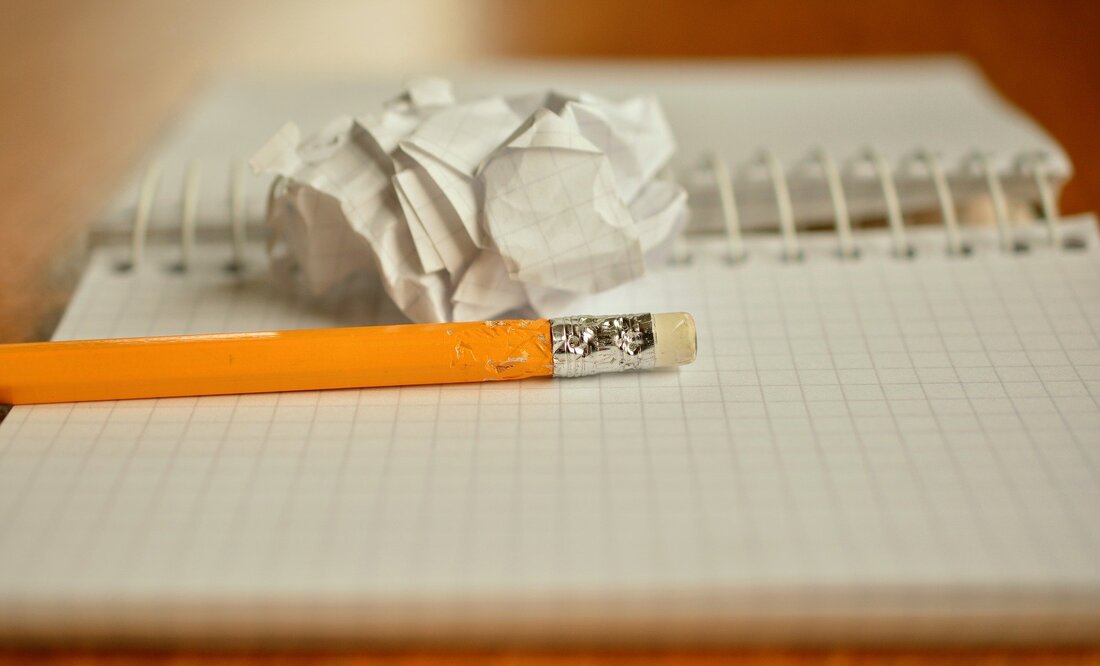
 RSS Feed
RSS Feed